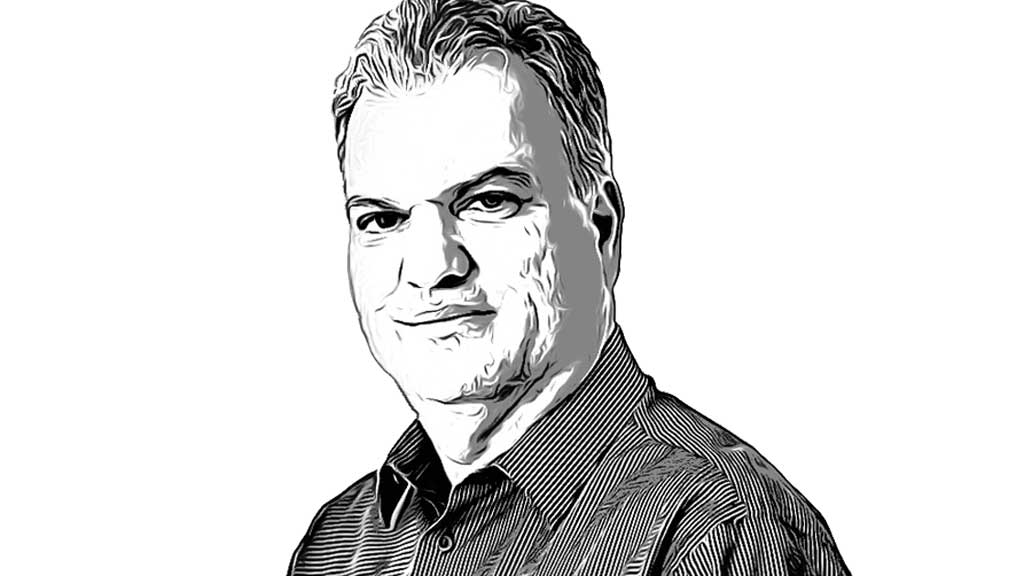Passed in the midst of the military dictatorship by the then President Medici (1905-1985), Law No. 5579 of 1970, stipulates the celebration of Culture and Science Day on the 5th of November every year. History honors the birth of Rui Barbosa (1849-1923). According to the text, the jurist and speaker deserve the honor of being “an exponential figure in the arts and sciences, in Brazil and in the world.” As much as there is controversy regarding Roy Barbosa’s legacy, his intellectual breadth is unquestionable. When the Secretary of State earned the nickname “The Hague Eagle” after speaking at the Second International Peace Conference in 1907, he secured his place in history as a multi-talented. A scholar on various subjects, he was Minister of Finance, co-founder of the Academia Brasileira de Letras and appointed as a judge of the Permanent Court of International Justice, a body established by the League of Nations in 1921. Although he was not exactly a scholar, the military government’s choice of name National Culture and Science Day made perfect sense.
Even with the homage to Roy Barbosa, the date is unknown. They rarely appear on calendars and have never been celebrated with the seriousness they represent. It’s another one of those periods where the boring cliché “there’s no reason to celebrate” fits in. The president elected in 2018 did his best to make clear his horror of culture and his contempt for science. Even the Medici, whose government was marked by censorship, repression, torture, and murder, recognized that it was important to encourage the production of scientific knowledge and cultural expressions in the country. For Bolsonaro, who in his September 7 speech officially ignored the bicentennial of independence, none of this matters. Neither the culture, nor the science, nor the history, nor the future of the nation – which has been made a global pariah due to the disastrous management of the environment, health and international relations.
Unfortunately, the damage done by the Executive Branch in recent years becomes even greater when the National Congress lines up in the same darkness. Although, in July, parliamentarians overturned Bolsonaro’s veto of the Paulo Gustavo and Alder Blanc laws, guaranteeing emergency resources for cultural activity, scientific production has been sacrificed by successive budget cuts – at grave risk of losing an important source of funding else.
December is the deadline for MPs and senators to decide on the future of the National Fund for Scientific and Technological Development (FNDCT). Established in 1969, it is maintained with resources arising from various taxes, but its destination has been distorted. The FNDCT budget approved by the National Congress for 2022 was R$4.5 billion. The government has withdrawn about R$2 billion that must be invested in innovation through sectoral funds. Thanks to FNDCT funds, Brazil was able in the past to build research laboratories in several public universities, some of which are necessary for studies that have ensured positive results in the fight against diseases such as Zika and the Covid-19 virus. The fund has also allowed for a portion of Embrapa’s agricultural research that has put Brazil at the forefront of the sector, and even engineering projects for major infrastructure and energy works, such as the Rio Niteroi Bridge and Itaipu Hydropower Plant.
The emergency money from the fund worries entities such as the Brazilian Association for Bioinnovation (ABBI), a non-profit, nonpartisan, nationwide civic organization. “The FNDCT must serve the interests of Brazilians who want to thrive, produce and find a sparkling market for research and innovation in the country,” said ABBI CEO, Thiago Valda. “Because, along with finances, the best minds go to other countries.” Without money or brains, Brazil could spend the next few decades losing more positions in the international innovation ranking. Today, the country is 52.
Celso Mason is the principal director of DINHEIRO

“Wannabe internet buff. Future teen idol. Hardcore zombie guru. Gamer. Avid creator. Entrepreneur. Bacon ninja.”

